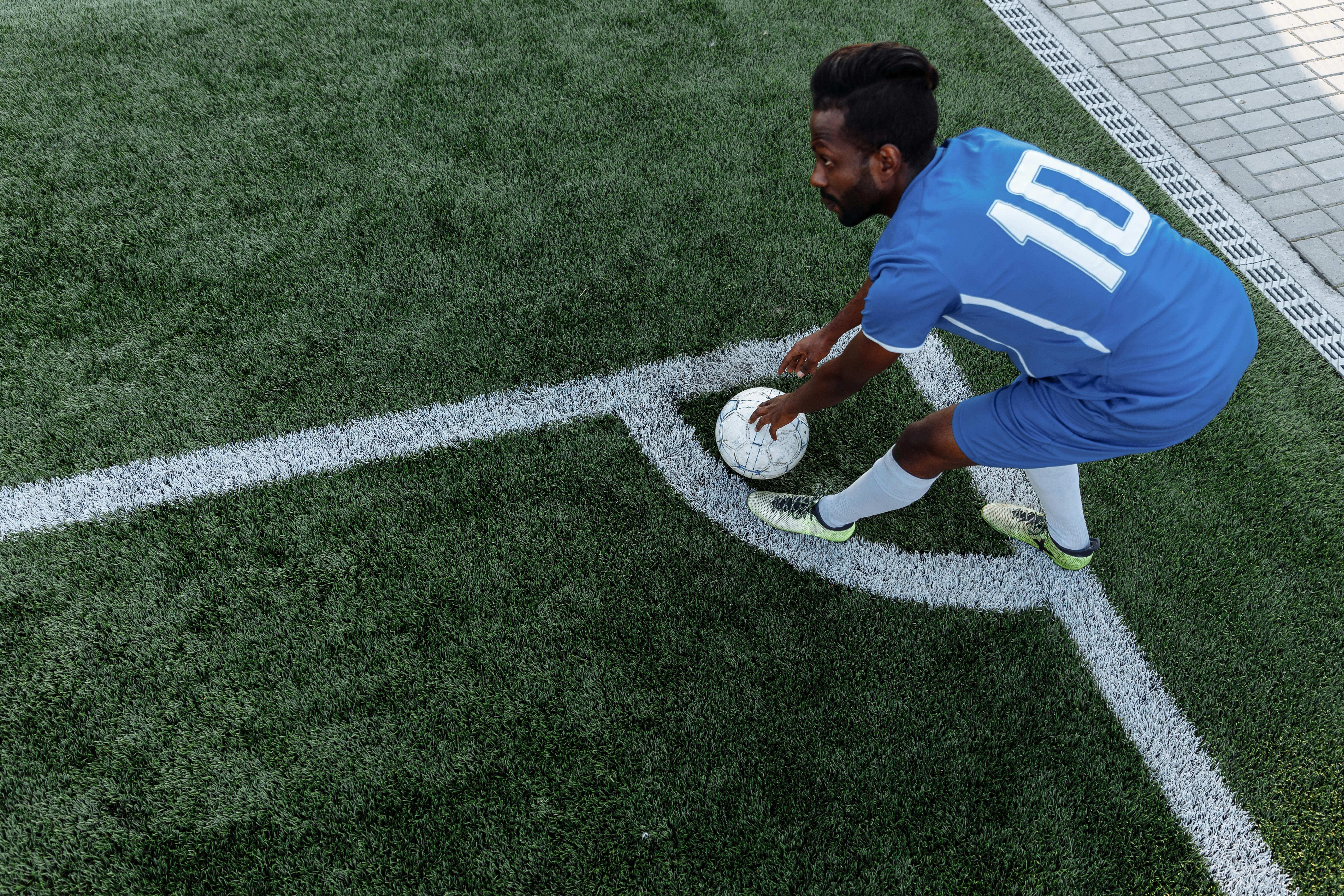
I’ve always been interested in World War II books that tell the true story of many of our military exploits from that war. I think this book by Alex Kershaw is better told than any book I have read on the subject. You know how to write about your topic by using words and phrases that make the reader fully understand what you are reading and find that the story improves as it progresses. The European zone in which our brave military fought contains a lot of information told in an excellent way. Felix Sparks was born and raised in Miami, Arizona, an area that suffered the ravages of the Great Depression as much as the rest of the nation. Felix hunted, set traps, and got food in any way he could. When he wasn’t hunting, he was studying. His military training began in the Citizens Military Training Program where he learned to march and drill in a very hot environment. He wanted to go to college and he loved the military, anything that was military. He ventured away from the area and was asked by an army recruiter if he wanted to join the army. He thought “why not” and joined in, a decision that shaped his life forever.
Felix Sparks, now married with a baby, prepared to depart on a troop transport that ended up in Europe as well prepared as possible to fight a war. While on the ship, General George Patton announced that from then on they would be part of the United States 7th Army and that they were going ashore to attack Sicily, Italy, in small troop-transport ships. None of the men knew what to expect. Sparks was part of the National Guard Thunderbirds, all green recruits. The book describes several of the generals associated with army planning and leadership duties, Patton, Marshall, Eisenhower, Mark Clark, and others, and how they made their battle plans, some with and some without argument. Sparks at this point had no idea that he would rise through the ranks to eventually become a general as well, and that was far from his mind at the moment. He just wanted to defeat the Germans and Italians. The many battles he and his group fought were fierce and brutal as they killed and wounded many men. His impulses would advance one day and lose ground the next. The Germans were tough while the Italians were not, as they were not sure whether they would stay in this war or not. The Thunderbirds along with the rest of their groups climbed by the boot of Italy towards Rome. The Germans fought for every inch of land in Italy and both sides killed and wounded thousands of men on the way. New raw recruits kept arriving adapting to the war as they had never imagined.
The description of the battles is beyond imagination. Men would dig a small trench if none were available, jumping into any hole large enough to cover as many of them as possible. The sounds of projectiles coming from both the enemy and their own units as they sailed overhead or landed very close to them was such a caustic and distressing and body-shaking experience. Having a man share a trench one minute and killed the next is incomprehensible to those who have never been in battle. Sometimes friendly fire missed its target and hit our own men. When they tried to advance, they had to carry packages so large and heavy that they contained survival equipment, as well as ammunition, grenades, shovels, military packaged food, including the good old Spam that was a real war ration. When the opportunity came to take a break, they would move to a nearby town and relax as much as possible with wine, women, and songs. They danced, had sex even though everyone was warned about the disease that was so prevalent throughout the area due to the women feeling alone with most of their men in the war, and the demands German soldiers made of them. to women. .
Sometimes men would find large caches of wine and really enjoy it. But the many serious losses of men in so many battles were so enormous that it was difficult for them to understand that and move on. Blood flowing from wounded and / or dead men on both sides was everywhere. Some of the rivers and canals flowed red. As the men passed through the cities that were being taken from the Germans, the citizens went berserk with songs of thanks and food and drink pouring out of cellars and caves. Throughout this time, Sparks led his troops while taking up rank promotions on the battlefield. His men loved him because he cared about them and would be there with them as much as possible. As they advanced through Italy and into France and Germany, they came to one of the concentration camps, Dachau, where they found the most disturbing places they had seen during the entire war. The description of the bodies just dumped on top of other bodies, the ovens that still had some that had burned, the piles of clothing that the prisoners had to dispose of, and much more that makes the reader chill. One of the last battles of this group was the march towards Hitler’s own compound, but by the time they got there, Hitler had committed suicide.
I know this review is long, but writing counting less does not give the reader a real idea of everything in this superbook. You must read it. You will get an idea of what the infantryman went through during World War II. How those who survived did it mentally is beyond my imagination. Praise these men for their help in giving us the freedoms we take for granted. Believe me, they are not free liberties.